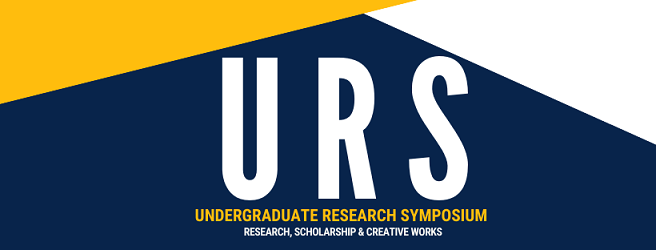Faculty Sponsor
Chelsey Wilks
Final Abstract for URS Program
Title : Teletherapy among Dialectical Behavior Therapy Clinicians and Associations with Treatment of Patients at Risk for Suicide
Authors: Kevin Rebmann, Chelsey Wilks, PhD
University of Missouri—Saint Louis
Abstract Body:
Telemental health has emerged rapidly as a treatment delivery platform, although many clinicians who treat complex and high-risk suicidal patients have expressed concern in the implementation of this technological service. Despite this initial trepidation, the coronavirus pandemic of 2019 (COVID-19) upended the way that traditional evidence-based psychotherapy is being delivered, resulting in most outpatient treatment providers to deliver their treatment via telehealth. One such treatment which focuses on complex patient populations is Dialectical Behavior Therapy (DBT); DBT therapists target underlying skills deficits via weekly training and frequent practice. Both the diary card and homework are traditionally provided to clients via paper documents, and as DBT is quickly moving to telehealth, we know of no research on how therapists are organizing treatment or integrating technological tools in their therapy during this pandemic. Such insights will enable technology researchers and developers to better design and disseminate tools that can be most optimally used by DBT clinicians.
Method: DBT therapists were recruited via listservs to complete an online survey about their experiences integrating technology into therapy. In addition, clinicians were also asked to respond to their concerns regarding the treatment of suicidal patients. Data collection for this project is completed; as of April 18th, 2021, 99 responses have been recorded.
Results: Of the 99 current respondents, most were female (88.9%) and either licensed clinicians or working under a licensed clinician who implemented DBT to one or more clients each week (N = 92), with 67 using DBT as their primary treatment modality. Most respondents reported having a Masters or two-year certification following their Bachelors degrees (52.7%). Nearly all (87.6%) of respondents reported implementing some DBT through outpatient therapy. DBT therapists reported that nearly all (91-100%) of their sessions were being delivered via telehealth (61.0%), and most reported they would likely continue providing telehealth services following COVID-19 (91.36%). Many respondents reported agreement or strong agreement about being emotionally devastated if a client completed suicide (54.5%), would blame themselves if a client completed suicide (31.6%), that they would inadvertently reinforce suicidal behaviors (15.8%), or that they would make mistakes in treating a suicidal patient (37.7%). Moreover, item responses regarding clinician competency and degree of app implementation in treating suicidal clients both showed statistically significant correlations with whether telehealth would continue to be offered following COVID-19, r(74) = -.211 and r(38) = .332 respectively in a one-tailed analysis where p < .05.
Discussion: These findings indicate the possibility that clinician fears about their competency in treating suicidal individuals and the level of technology usage integrated in therapy may be factors for whether or not they continue to offer teletherapy following COVID-19. Though causation cannot be determined, these statistically significant correlations illuminate the need for further research into the topic. Limitations include a small n of 99 and low complete rate on the survey (76.7% completed fully). Further studies regarding technology implementation in therapy should attempt to collect data from a larger subject pool and implement strategies for increasing the completion rate.
Document Type
Poster
Publication Date
2021


